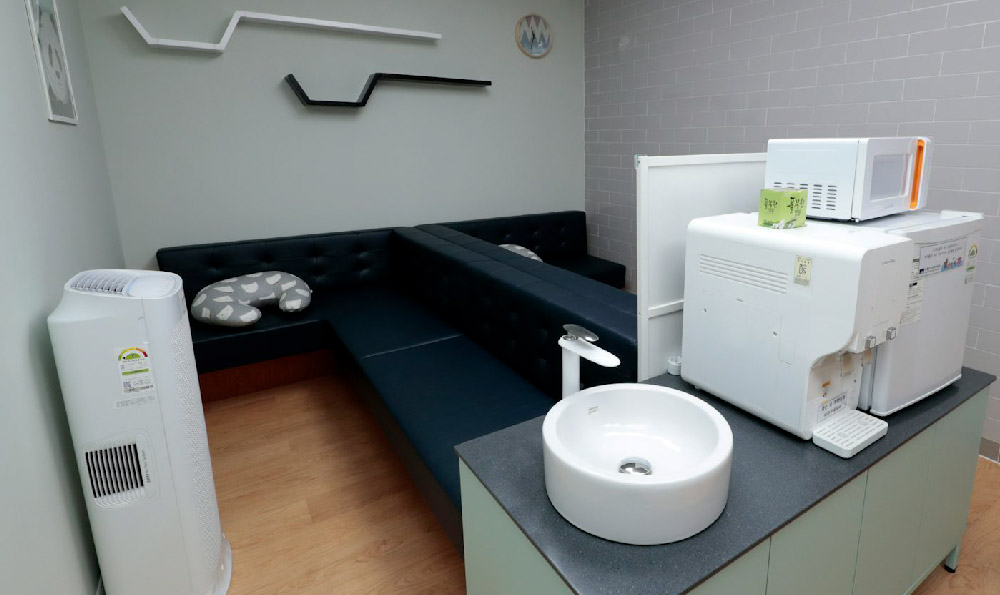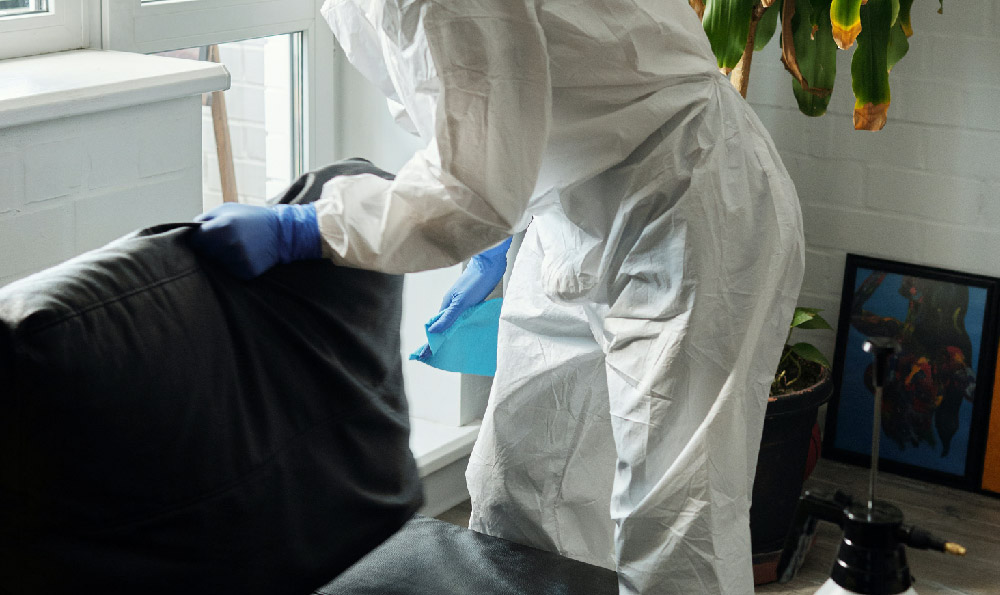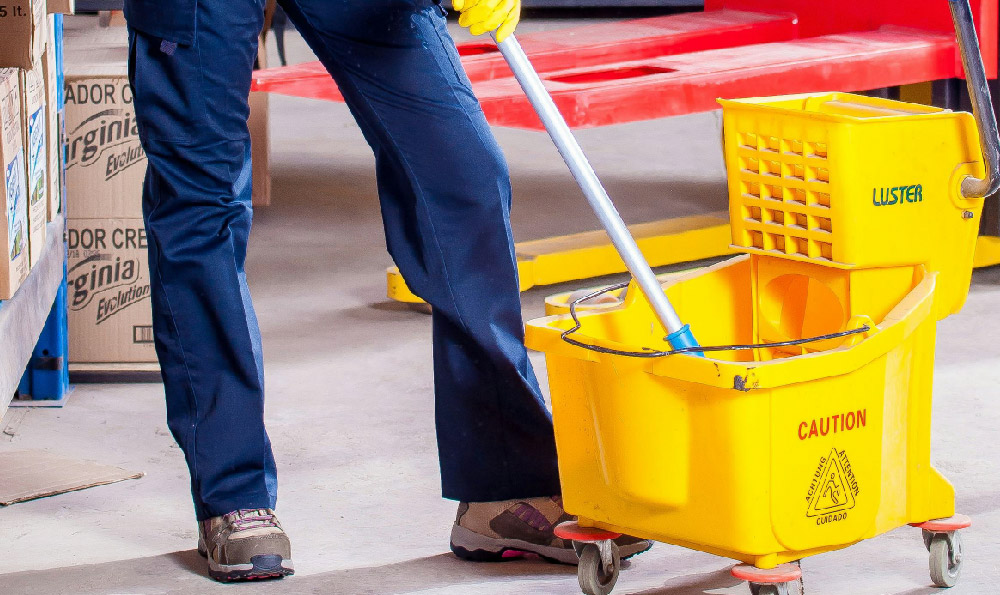空气污染日益严重,人们对室内空气质量的关注度也越来越高。为了解决室内甲醛等有害物质的问题,越来越多的人开始关注销售甲醛空气净化器厂家。本文将对室内用空气净化器的好处进行客观、清晰、简洁的描述。

室内用空气净化器的好处之一是能有效去除室内的有害气体。甲醛是一种对人体健康有害的挥发性有机物,它常常存在于家具、地板、装修材料等室内环境中。空气净化器通过吸附、过滤等技术,能够将室内的甲醛等有害气体有效地去除,提高室内空气质量。
室内用空气净化器还可以有效去除室内的细菌和病毒。细菌和病毒是导致人们感染呼吸道疾病的主要原因之一。空气净化器的过滤系统可以有效地过滤空气中的微粒和细菌,清洁室内空气,降低人们感染呼吸道疾病的风险。
室内用空气净化器还能够净化室内的异味和烟雾。烟草烟雾中的化学物质可以对人的健康产生严重影响,而且它的危害还会通过二手烟传递给他人。空气净化器可以去除烟雾中的有害物质,改善室内空气质量,保护人们的健康。
室内用空气净化器还可以有效降低室内PM2.5浓度。PM2.5是指大气中直径小于或等于2.5微米的悬浮颗粒物,它对人的健康有着很大的危害。空气净化器能够通过过滤、静电吸附等技术,有效地去除空气中的PM2.5,提高人们的居住环境。
销售甲醛空气净化器的厂家提供了一种有效改善室内空气质量的解决方案。通过净化有害气体、去除细菌和病毒、净化异味和烟雾,以及降低PM2.5浓度,室内用空气净化器为人们提供了一个更加健康和舒适的居住环境。越来越多的人认识到室内用空气净化器的好处,因此销售甲醛空气净化器的厂家也在不断壮大。
室内用空气净化器好吗
In recent years, indoor air pollution has become a concerning issue for many people. To combat this problem, air purifiers have gained popularity as a potential solution. But are indoor air purifiers really effective in improving air quality? This article aims to objectively and clearly present the facts and information regarding the effectiveness of indoor air purifiers without any subjective evaluations or emotional biases.

1. Purpose of air purifiers
Indoor air purifiers are designed to remove pollutants and improve the quality of the air we breathe. They work by trapping airborne particles, such as dust, allergens, and pet dander, and eliminating harmful gases like volatile organic compounds (VOCs) and formaldehyde.
2. Filtration mechanisms
Most air purifiers use a combination of filters, such as HEPA (High-Efficiency Particulate Air) filters and activated carbon filters, to capture particles and absorb odors. HEPA filters are highly effective in trapping small particles, while activated carbon filters excel in removing odorous molecules.
3. Allergen reduction
For individuals with allergies or asthma, air purifiers can provide relief by reducing airborne allergens. HEPA filters can effectively capture allergens like pollen, dust mites, and mold spores, which can trigger allergic reactions.
4. Smoke and odor elimination
Air purifiers with activated carbon filters are particularly useful in eliminating smoke particles and unpleasant odors. They can effectively remove smoke from cooking, tobacco, or wildfires, making the indoor environment more pleasant and healthier.
5. Chemical and gas removal
Indoor air can contain various harmful chemicals and gases emitted from cleaning products, paints, and furniture. Air purifiers equipped with activated carbon filters can help mitigate the presence of these pollutants, improving indoor air quality.
6. Limitations of air purifiers
While air purifiers can be effective in reducing certain pollutants, they might not completely eliminate all airborne contaminants. Some ultrafine particles, like viruses, can be too small to be captured by regular filters. Additionally, air purifiers are most effective when used in enclosed spaces and cannot address outdoor pollution.
7. Maintenance and cleaning
Regular maintenance is essential to ensure the optimal performance of air purifiers. Filters should be replaced as recommended by the manufacturer to maintain their efficiency. Additionally, cleaning the exterior and vents of the air purifier can prevent the accumulation of dust and maintain proper airflow.
8. Noise levels and energy consumption
Different models of air purifiers vary in noise levels and energy consumption. It is recommended to choose a model that operates quietly and has low energy consumption to ensure a comfortable and cost-effective usage experience.
9. Considerations before purchasing an air purifier
Before purchasing an air purifier, it is crucial to assess the specific needs and concerns related to indoor air quality. Factors such as the size of the room, the types of pollutants present, and individual health conditions should be taken into account to choose an air purifier that suits your requirements.
10. Conclusion
In conclusion, indoor air purifiers can be a valuable addition to homes and offices in improving air quality. They effectively reduce allergens, eliminate odors, and mitigate the presence of harmful chemicals and gases. However, it is important to understand their limitations and consider individual needs before making a purchase. By making an informed decision and properly maintaining the air purifier, one can create a healthier indoor environment.
净化器能除甲醛吗
净化器是一种可以帮助净化室内空气的设备,广泛应用于家庭和办公环境中。对于其中最为广为人知的一个功能——除甲醛,是否真的有效,我们需要进行深入的了解和分析。

了解什么是甲醛是很重要的。甲醛是一种有害气体,常见于家具、地板、胶水等装修材料中。长期暴露于高浓度的甲醛环境下,可能对人体健康造成影响。许多人认为使用净化器能够有效去除室内甲醛。
净化器是否真的能够除去甲醛,却是一个比较复杂的问题。根据行业研究和实验数据,净化器虽然可以通过过滤和吸附等方式去除甲醛,但对于高浓度和长时间暴露的甲醛,其效果并不理想。
这是净化器的主要功能是去除空气中的颗粒物和异味,而甲醛是一种气体。虽然净化器通常配备有甲醛过滤器,但其去除效果受到许多因素的影响,如甲醛浓度、室内空气流通情况等。
净化器的去除效果也与净化器的种类和品牌有关。市场上有各种各样的净化器,其过滤能力和效果各异。在购买净化器时,选择性能优越的产品是非常重要的。
对于想要净化室内空气中的甲醛的人来说,除了使用净化器,还可以采取其他措施来降低甲醛浓度。通风是一种简单而有效的方法,可以将室内新鲜空气引入室内,并排出含有甲醛的室内空气。
选择无甲醛或低甲醛释放的家具和建材也是一个重要的策略。在购买家具和装修材料时,可以选择经过环保认证的产品,以确保室内甲醛浓度的降低。
净化器在除甲醛方面的效果并不完全取决于净化器本身,还受到许多外部因素的影响。对于想要净化室内空气中的甲醛的人来说,应该综合考虑各种方法,以降低甲醛浓度,保障自己和家人的健康。
在购买净化器时,一定要选择信誉度高的品牌和性能优越的产品,以确保净化器的有效性和安全性。但也要意识到净化器的能力是有限的,不能完全依赖净化器来解决甲醛问题。
我们建议在使用净化器的还要采取其他措施来对抗甲醛。通过加强通风、选择无甲醛释放的家具和建材等方法,共同努力,确保室内空气的质量,保护自己和家人的健康。














